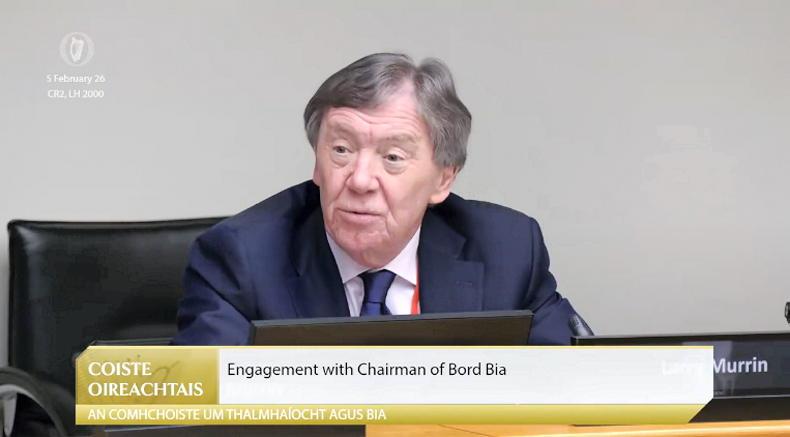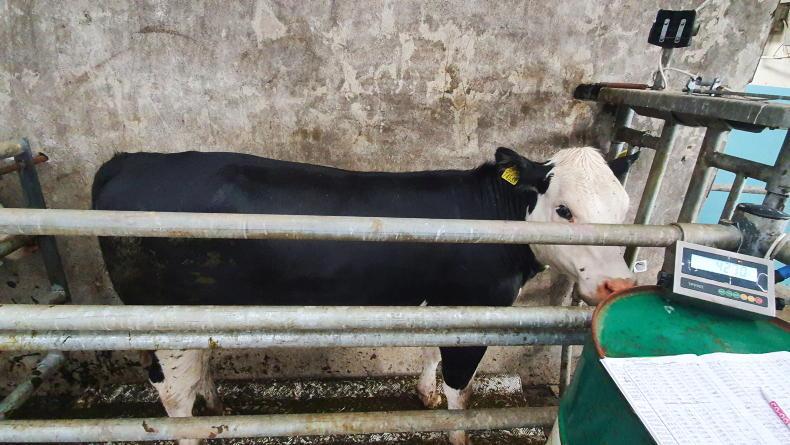Minister for Agriculture Charlie McConalogue has pledged to introduce all supports needed to protect farm incomes from the effect of Brexit changes from 1 January.
“The immediate and catastrophic effects of a no-deal Brexit, with 70% tariffs on beef and 40% tariffs on dairy, have been averted,” he told the Irish Farmers Journal on Wednesday.
“There will be challenges now, with extra customs and health checks, with associated disruption and cost. We will be monitoring the effect of that very closely.”
We will be very closely monitoring the impact and will introduce necessary supports needed as a result of the changes from 1 January
The minister said there was a clear commitment at Cabinet on Monday to support the farming and fisheries sectors against the impact of Brexit.
“My department and the Government stand ready to support farmers from any outcome,” he said. “We will be very closely monitoring the impact and will introduce necessary supports needed as a result of the changes from 1 January.”
Referring to the €100m fund announced for meat and dairy factories, Minister McConalogue said it would help increase the value of Irish food exports which would, by extension, help the sustainability of farm incomes.
The minister said extra capacity is in place to deal with exports and imports but warned that disruption is inevitable.
“There is no doubt that it will be disruptive and challenging but there has been a level of stocking up in advance [of the deal] and the first few days may be quieter but there will be adjustments and we have the capacity in place to adjust to the new system,” he said.
Asked about calls for green lanes for food, given the freight chaos seen in Dover, the minister said the Government would be working with industry and the British government to ease passage of goods.
We will be assessing the necessity for a level playing field and teasing it out
On the threat of the UK moving to switch its food imports away from Irish and European suppliers to lower-priced and lower-standard global suppliers, the minister said the level playing field rules were a significant part of the agreement.
“We will be assessing the necessity for a level playing field and teasing it out. The deal is very positive compared to the no-deal scenario where a tariff wall of 70% would have applied to beef and 40% in the case of dairy,” he said.
“A no-deal scenario would have allowed Britain to do other deals with other third countries. The agreement includes the setting up of committees, which will provide significant capacity to protect the market as best we can.”










SHARING OPTIONS